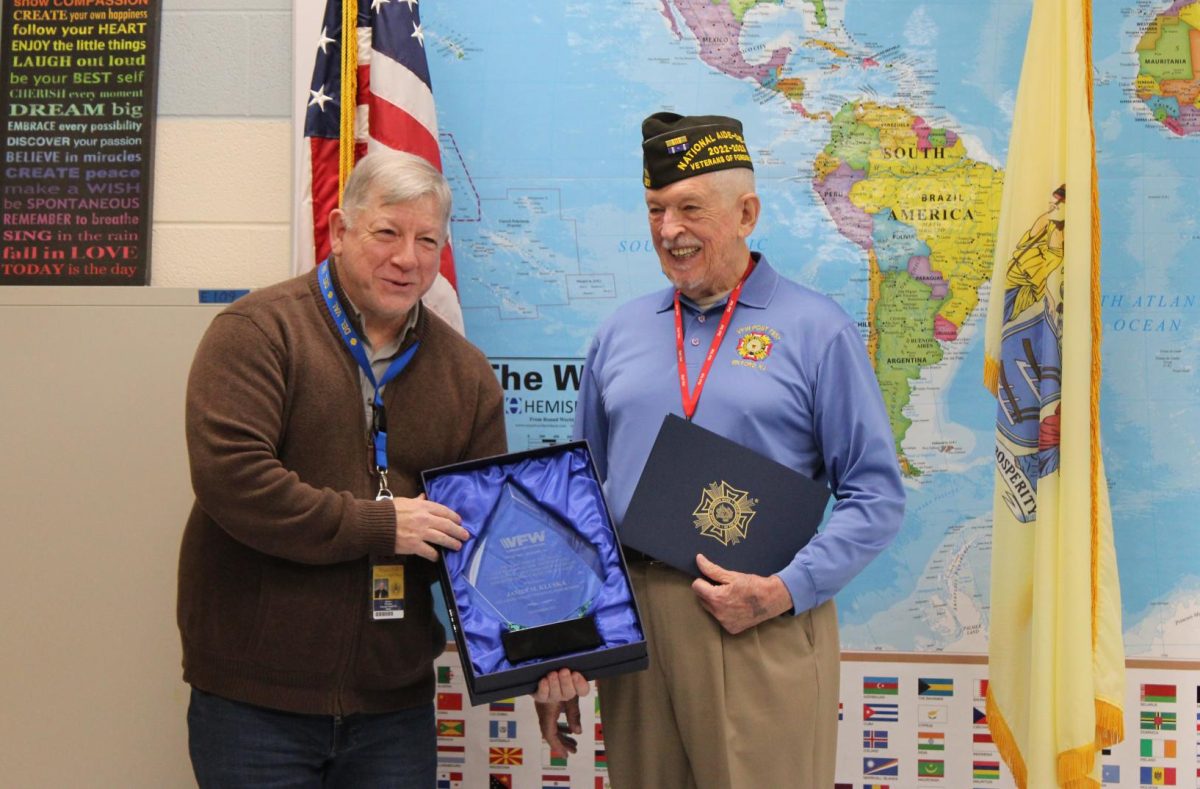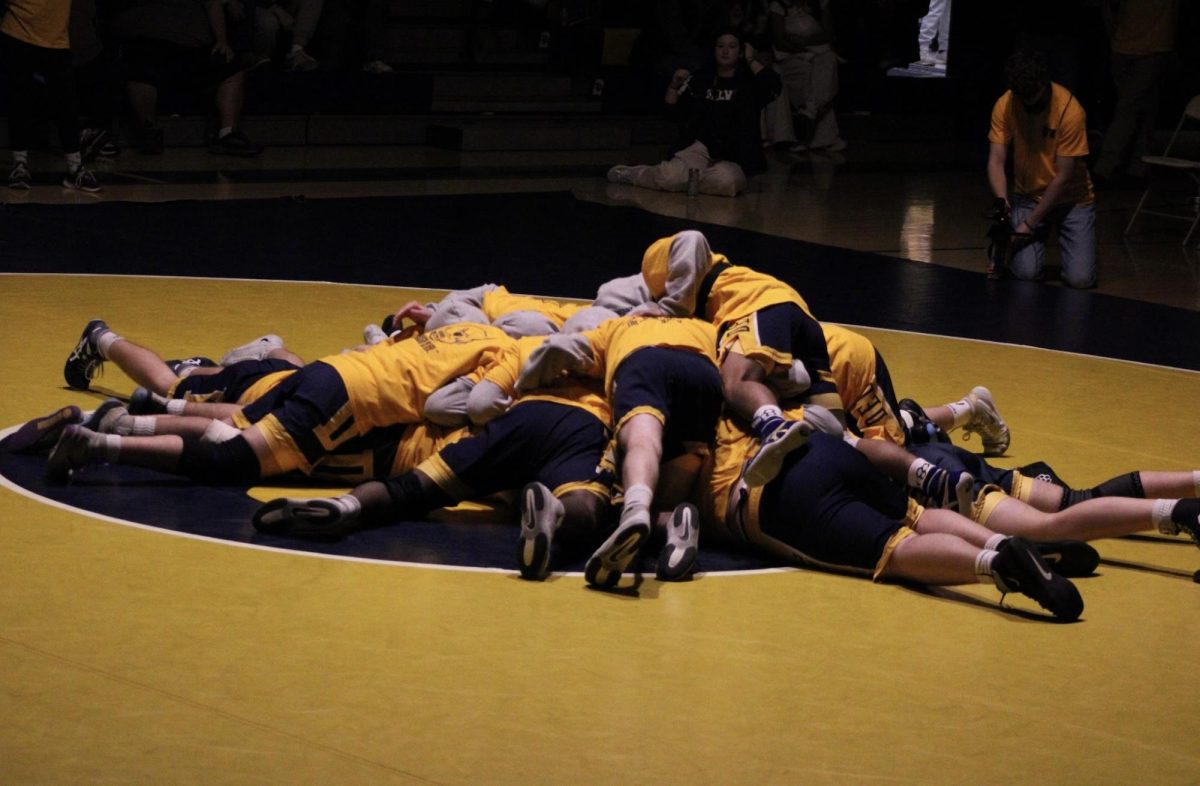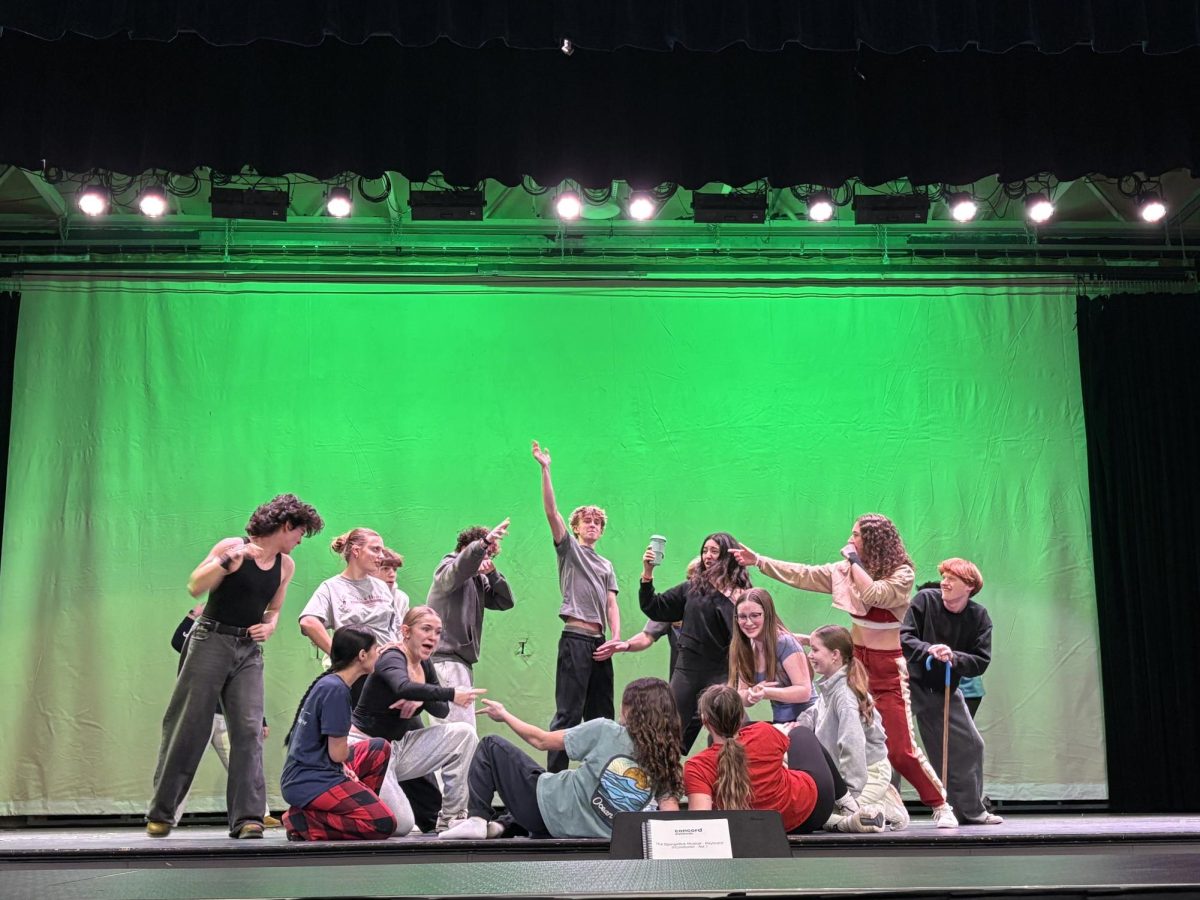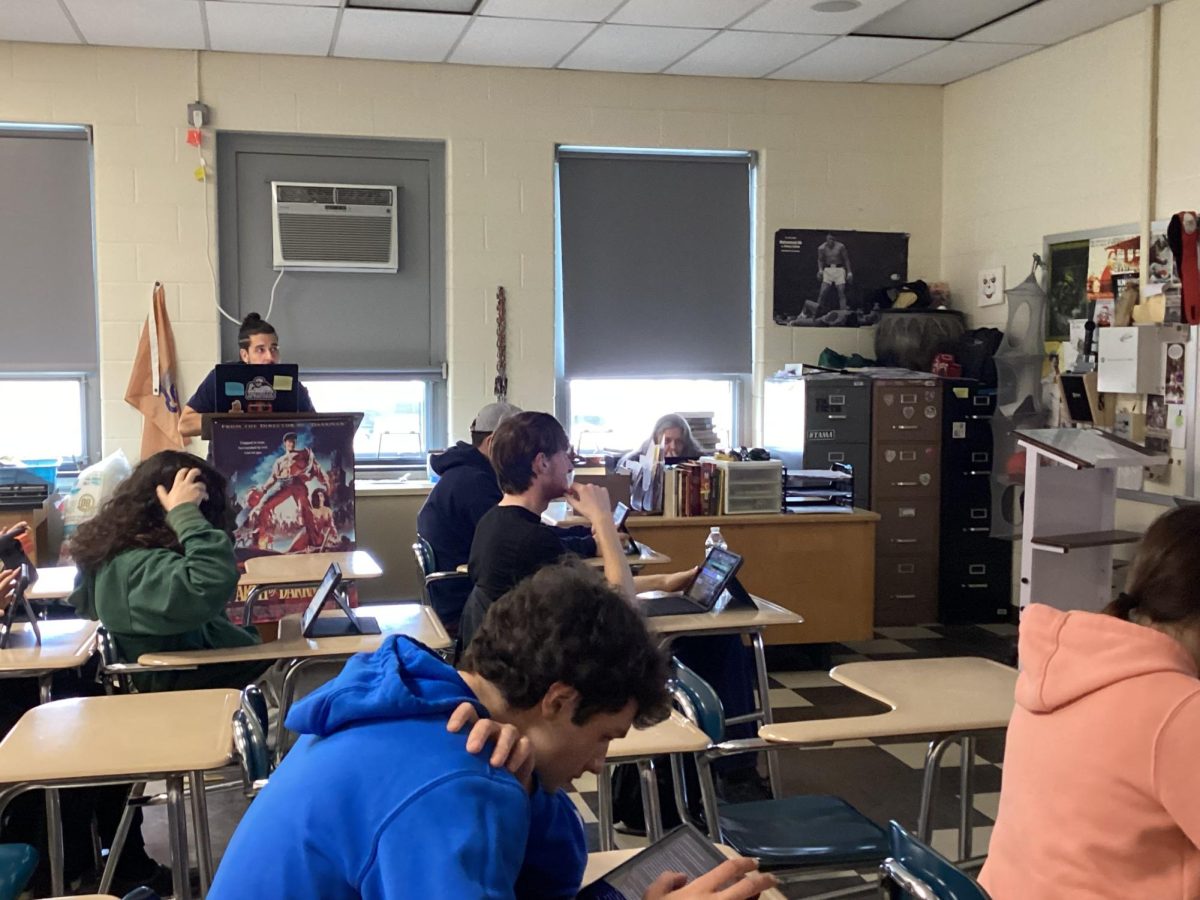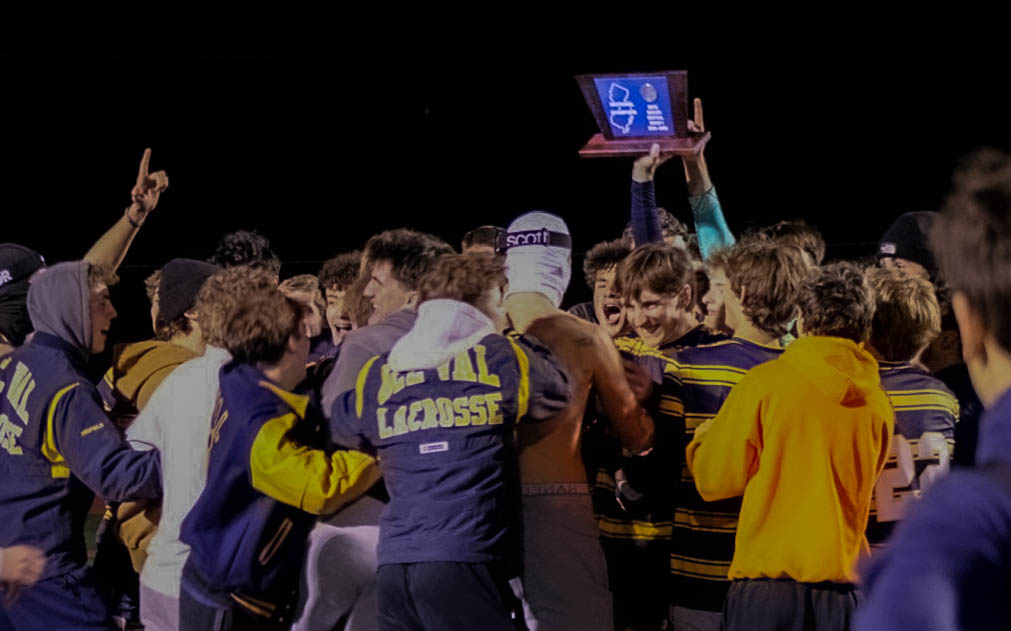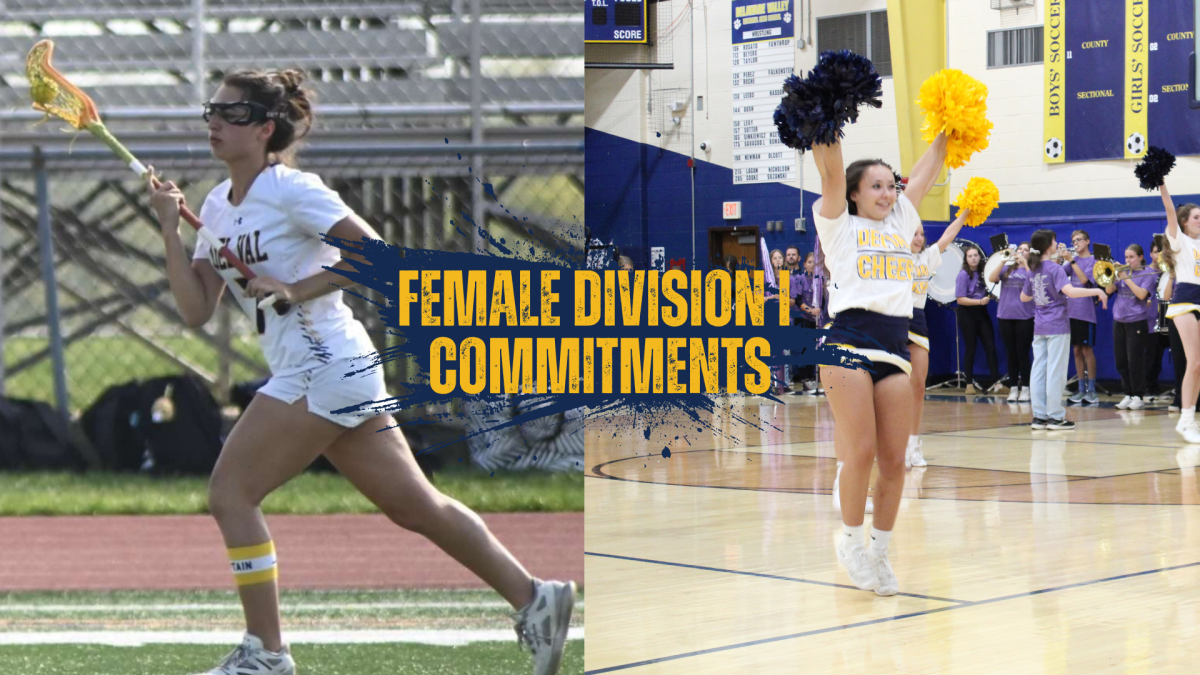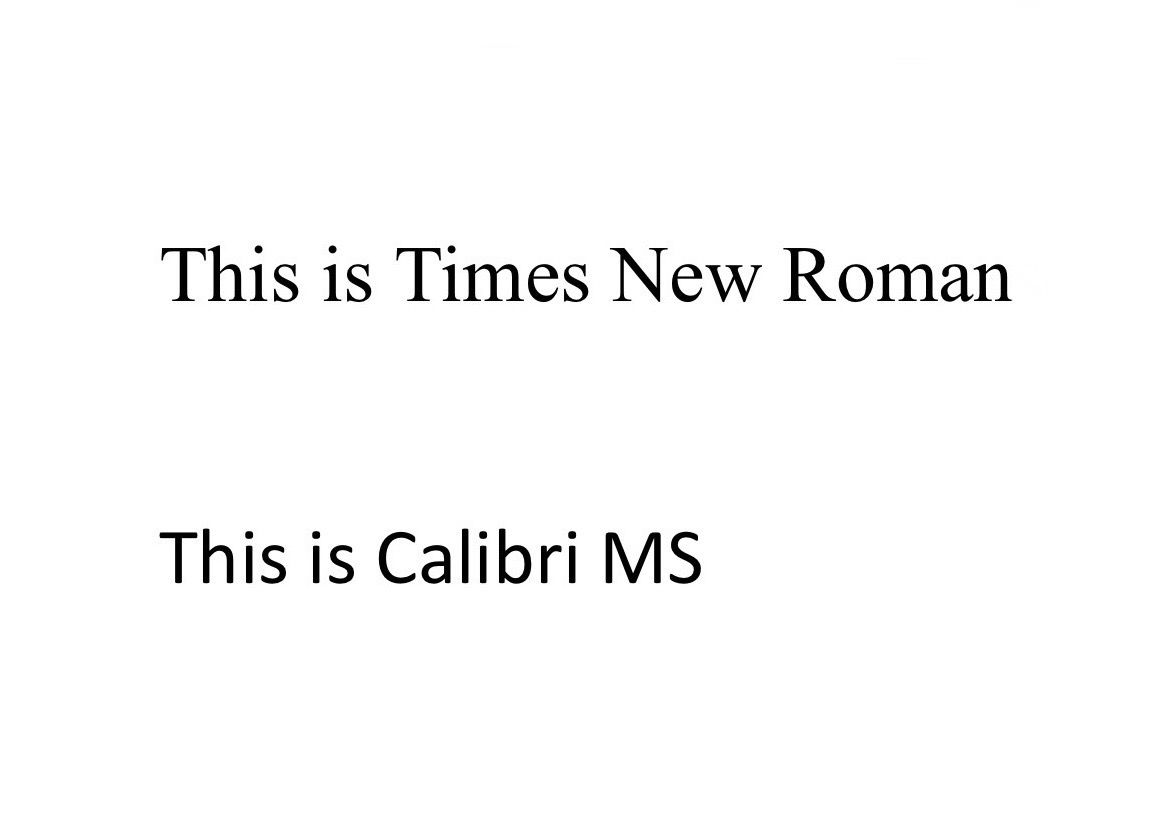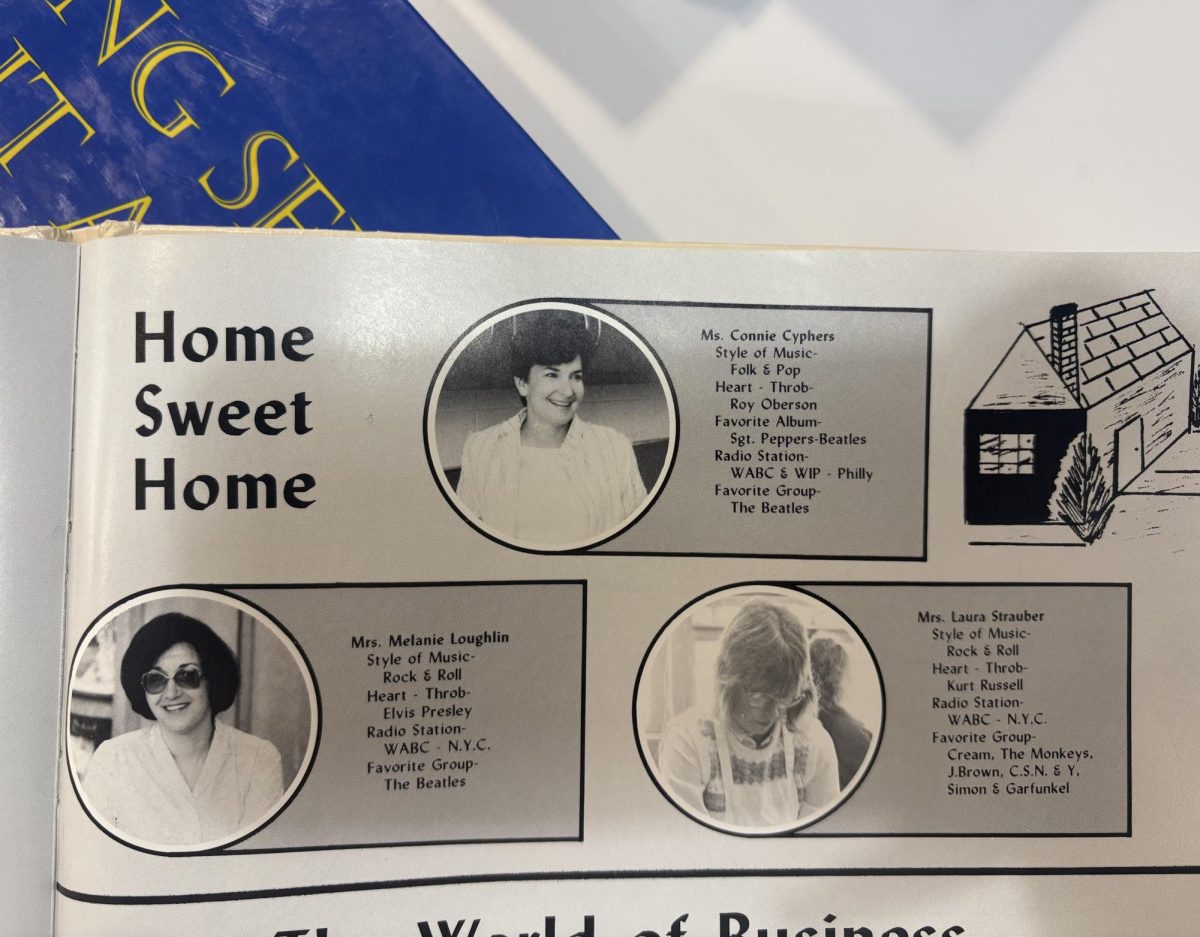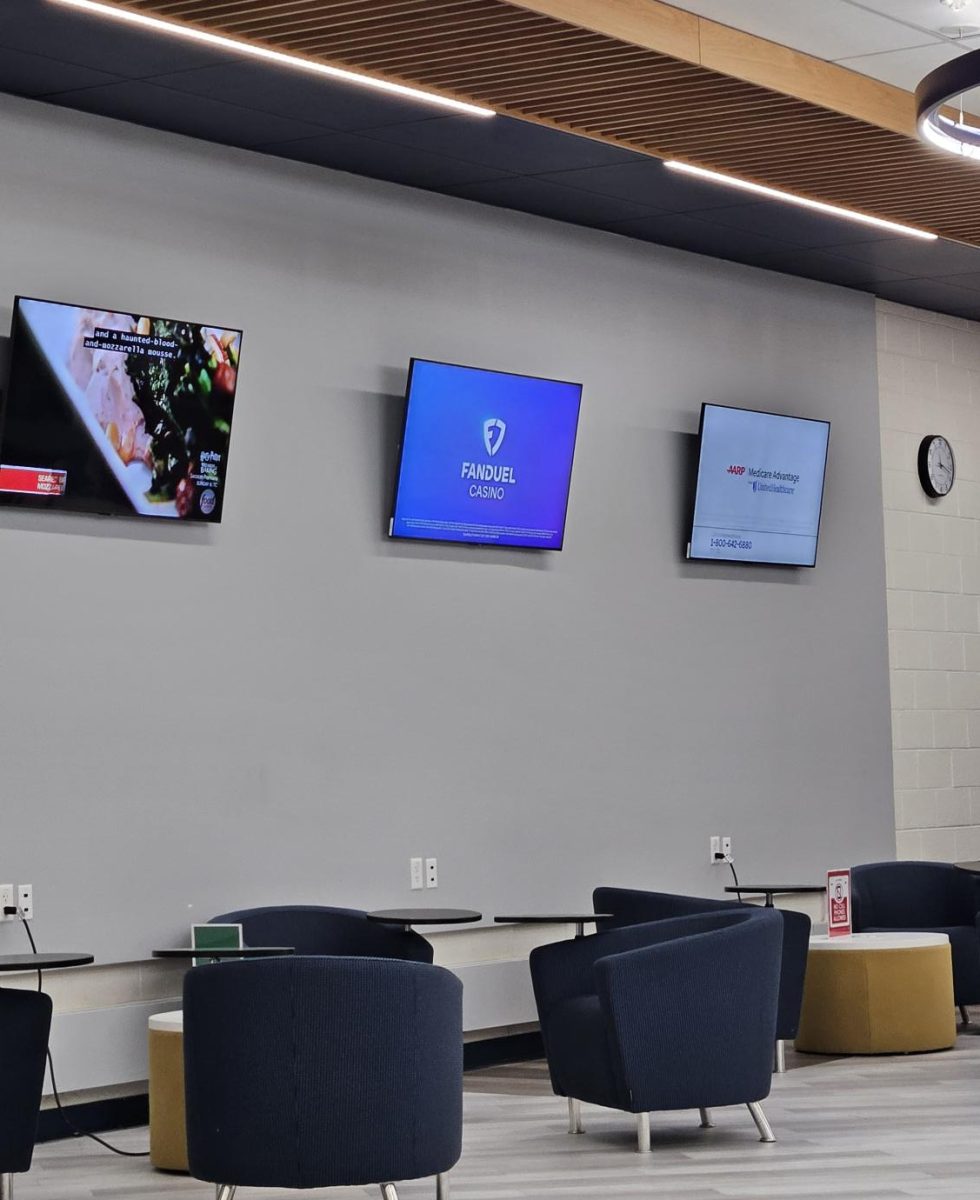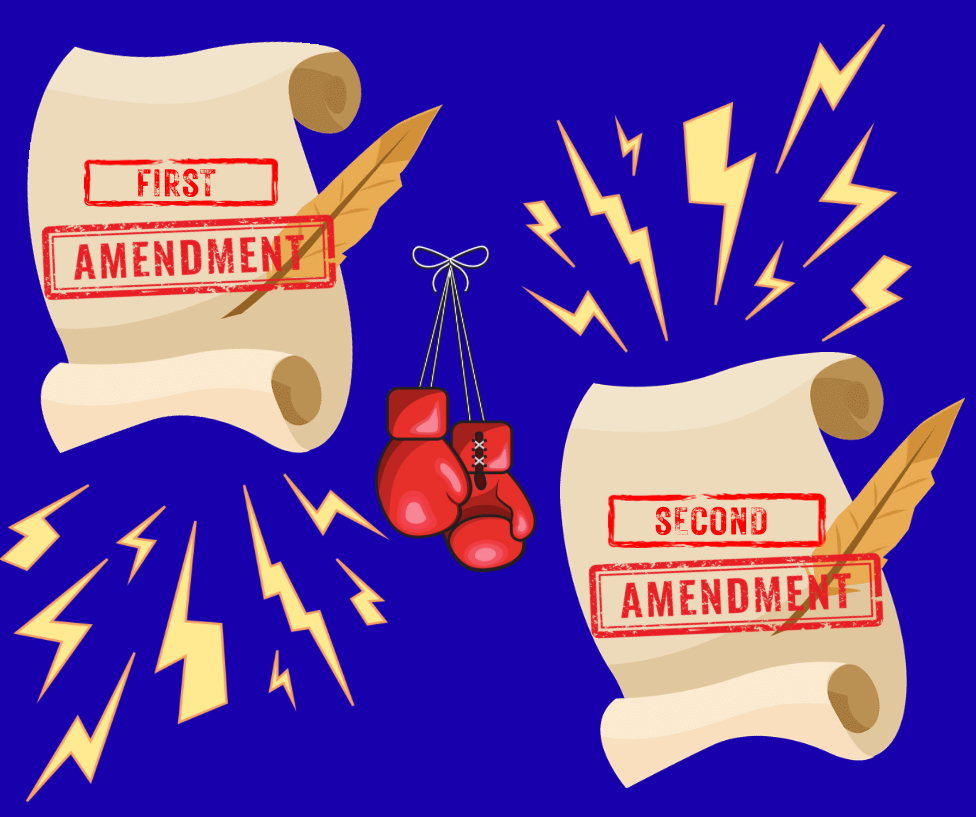The battle that changed the English language
Photo via World History Encyclopedia under Creative Commons license
The Bayeux Tapestry is the most famous depiction of the Battle of Hastings.
Wars have changed and shaped society since the first blows were exchanged.
Of course, conflict has most notably resulted in borders being redrawn, but battles have changed cultures, cuisines and languages. A notable example of this occurred almost a millennium ago, when William the Conqueror (as he would later be known) waged an epic campaign for the English throne that ended decisively at the Battle of Hastings in 1066. Yet to understand this great battle, and how it still impacts our everyday lives, we must travel back to the beginning.
Early in the 900s, a group known as the Normans settled in northern France. The Normans were descendants of the great Viking warriors, and certainly inherited the talent of their ancestors. For some time, the Normans had terrorized Europe and caused great destruction. However, the clan finally struck a deal with French King Charles the Simple. In exchange for their protection, Charles granted the Normans a region of France to be their own, which they titled “Normandy.” The Normans settled in, and embraced their French lifestyle, complete with a new religion and language.
Meanwhile in England, the kingdom was under the reign of the Anglo-Saxons, who had managed to keep an uneasy peace with the Scandinavian Vikings who had been ferociously attacking its northern territories, but were eventually bought off through periodic payments of gold.
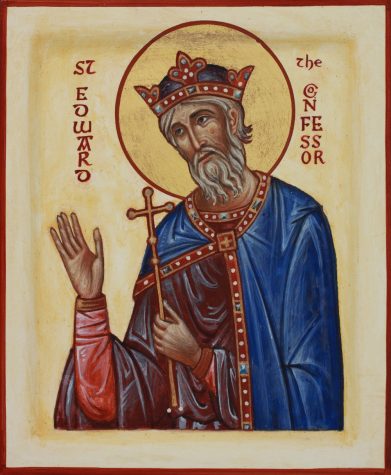
England maintained this balance until 1066, when Edward the Confessor ended his reign. The king was childless and had no designated heir, although the best choice seemed to be Edgar the Atheling. Edgar was the closest blood relative to Edward, but he was a sickly fourteen-year-old and deemed not fit to replace Edward as king.
Edward finally succumbed to illness on Jan. 5, 1066, leaving England without a ruler or replacement.
However, three men stepped up, all claiming to have been promised the throne by the late king: Harold Godwinson, William of Normandy, and Harald Hardrada. It was at this moment that not only the English throne, but also perhaps the English language, was up for grabs.
Harold Godwinson was the Earl of Wessex, and technically Edward’s brother-in-law, as Edward was married to Harold’s sister, Edith of Wessex. Harold had been a close advisor to the king, and a respectful warrior. Harold also claimed to have been promised the throne over a decade prior to Edward’s death.
Then there was William of Normandy. William was born out of wedlock, the child of Robert I, Duke of Normandy, and a daughter of a tanner, Herleva. William’s origins earned him the unfortunate title of “William the Bastard.” Luckily for William, by the time his father’s reign ended, William was designated as the best candidate to replace him. William became duke in 1035 at the young age of seven. The majority of the young duke’s childhood was spent narrowly avoiding assassination attempts.
Yet William overcame it all and became close friends with King Edward, whose mother hailed from Norman descent. Furthermore, William declared that in 1053, the late monarch promised him the throne, and a decade later, Harold even pledged an oath to William, which honored that William, indeed, was Edward’s rightful heir. However, William may have been holding Harold’s family hostage at the time of the event.
The final challenger was Harald Hardrada, King of Norway. Hardrada was a feared and experienced warrior, having fought in the Crusades, Poland, Estonia, Bulgaria and even the Mediterranean. The Norwegian also declared to have a legitimate claim to the throne, as a few decades earlier, one of the previous Norwegian kings supposedly made an agreement with then-ruler of England, which proposed that when that English monarch died, the king of Norway could take the throne. It was because of this agreement that Hardrada now believed that he had a reasonable claim to the throne.
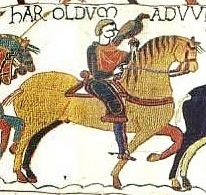
Now there were three incredibly powerful figures all declaring to have a lawful claim to the throne of England.
However, it was Harold who beat William and Hardrada to it. Harold had been present when Edward was on his deathbed and declared himself the rightful heir. Typically, it took months for a new king to be crowned, but Harold did not wish to waste time and had himself crowned in Westminster Abbey on the same day Edward was buried.
Once William became aware that Harold was king, he was furious. He immediately set out to invade and take the throne by force but was unable to set sail to England due to harsh winds.
At the same time the wind was preventing William from reaching England, it was carrying Hardrada and his army to Harold. Just like William, Hardrada was enraged that Harold had taken the throne.
The Viking king eventually landed near the English city of York and quickly overtook it. Once news of the Viking invasion reached Harold, he quickly set out with his army to defeat Hardrada.
In just four days, the two armies met at the Battle of Stamford Bridge on Sept. 25, 1066. Although the Vikings proved superior early in the battle, Harold’s army eventually caught them off guard and defeated them, killing Hardrada in the process. The most obvious outcome of that battle was that the English throne would, for at least the next few weeks, remain in the hands of an English king. The less obvious outcome at the time was that the English language would not be impacted by the Norwegian language.
Shortly after, the wind finally turned in William’s favor, and his army of over 700 ships and 14,000 men soon landed on the English coast near the town of Hastings. Meanwhile, Harold was still in York. The monarch had to march his exhausted army of 7,000 men to meet William at Hastings, hundreds of miles to the south, with most of his men on foot just 19 days after their grueling encounter with the Vikings.
Harold and his army reached William on Oct. 14, 1066. The English opted to set up their forces on a hill, as it would aid them defensively.
Although the English had better positioning, the Normans had some key advantages, such as their lethal archers. After being hit with volleys of arrows, the English formed a shield wall.
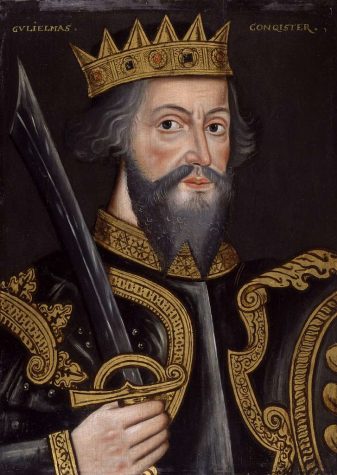
In response, William sent his infantry up the hill, but his men were unable to break through the shield wall. Even his cavalry failed to break through the English. William pressed on, sending wave after wave of calvary and infantry, but Harold’s army appeared impenetrable. It seemed that all Harold needed to do was let the Normans wear themselves out. However, it was then that something quite peculiar occurred.
The Normans retreated.
There are many theories that have attempted to explain why that occurred. Perhaps the Normans mistakenly believed that William had been slain in battle, or maybe his men simply lost motivation to penetrate the English’s shield wall. Or maybe it all was an incredibly clever move of deception. Either way, the Normans fled from the English.
Believing they had won, the English in turn dismantled its shield wall and chased the Normans. In response, the Normans turned around and surrounded the English. In the chaos, Harold Godwinson was killed, the most popular theory being that he took an arrow in the eye.
William had won and earned himself a more favorable title: William the Conqueror. He soon became the new king of England and ushered in a new era. The kingdom had been conquered by the Normans, an event that in turn brought massive changes.
Yet the most interesting change occurred in the English language. After the conquest, the Normans brought their dialect of French with them, which merged with Old English, leading to the adoption of many words that we still use today, almost a thousand years later.
Government, judge, purchase, beef, mutton: these are just some of the many words that came from the Normans.
History has, without a doubt, had a massive impact on society, and the story of the Battle of Hastings is just one example. The choices made by those tens, hundreds, thousands of years ago have shaped the world up to the present.
It is because of this that it’s important to remind ourselves that the choices we make today will undoubtedly have a great impact on those generations to come.
Your donation will support the student journalists of Delaware Valley Regional High School. Your contribution will allow us to attend conventions, purchase equipment and cover our annual website hosting costs.

Ellen Jordan is currently a freshman at Del Val. This is her first year writing for The Delphi. Ellen is involved with the high school soccer team and...

